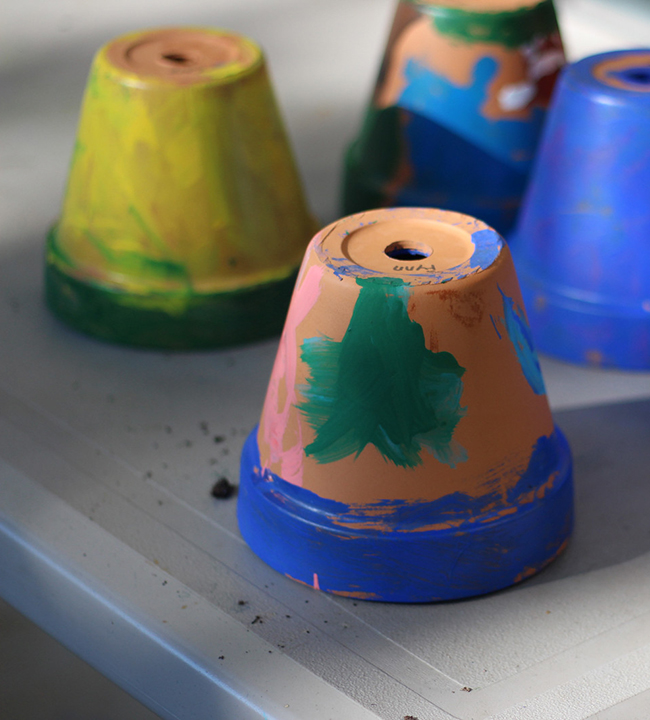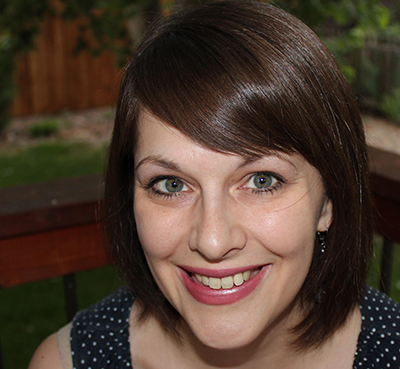by Meghan Johnston Aelabouni
“New Year, New You!” Every January, this phrase pops up in ads for gym memberships, in magazine articles featuring ten easy steps for money management or relationships, and even in churches whose members are urged to recommit to faith in the new year.
For some, the new year is a symbolic time to make a life-giving change: This year I’ll get sober. This year I’ll reconcile with a loved one. But many new year’s resolutions are less about health and healing than about perfection: how to get the perfect look, the perfect schedule, the perfect balance. Why is the promise of a “new you” such a powerful draw?
Many of us freely acknowledge that nobody’s perfect — and then we turn around and try our hardest to be perfect, and feel guilt and shame when we inevitably fail. If we know on some level that perfection is an illusion, why do we spend so much time, money, and emotional energy trying to reach perfection, or at least to pretend that we did?
It doesn’t help when, as people of Christian faith, we turn to the Bible and find Jesus saying, “Be perfect, therefore, as your heavenly Father is perfect” (Matthew 5:48). Is faith really about being perfect like God? No offense, Jesus, but have you met us? This seems like a recipe for disaster.
Thankfully, there is good news hidden in this verse. The word we translate from the original Greek into English as “perfect” is telos, which is much better translated as “complete.”
Telos is really about the fulfillment of our purpose, like a seed that grows into a plant, blooms, and produces fruit. (Considering the biblical commands to “bear fruit” and “be fruitful,” this wouldn’t be the first time that God’s people are compared to plants.)
Why does this matter? Because part of the problem with the word “perfect” is that we tend to understand perfection as a one-size-fits-all standard we’re supposed to meet. If there is one right way to be a human being, everyone is judged by how they fit that blueprint — or how they fall short.
This kind of perfection is not only impossible but also dangerous, because it makes difference a problem. If the “perfect person” in our heads happens to be white, cisgender, heterosexual, married, able-bodied, neurotypical, thin, wealthy, and so on, then all those who differ from this image — such as people of color, trans and nonbinary people, people who identify as LGBTQ+, people who are single, people with physical disabilities, mental illness, autism or Asperger’s, those who are fat, or those who live in poverty — are judged as less than perfect and treated as less than whole. This is not just theoretical: It happens to people all the time, even in churches.
Plants, on the other hand, come in all shapes and sizes and hues, and even plants of the same species grow differently. We would never say “this rosebush has failed at being an apple tree,” or expect any two plants to be identical. Gardens are celebrated not for perfection but for the beauty of their variety. Why aren’t humans?
 Here’s the good news: God never intended for us to “be perfect” by being the same, and God never asked us to become someone else. Nowhere in the Bible does it say that God wants you to become “a better person” (in other words, a different person). Rather, God’s desire is for us to become more fully ourselves, to be who we truly are. The truth Jesus reveals to us is that we are, already and always, God’s beloved children. God has created us as diverse people and called us very good.
Here’s the good news: God never intended for us to “be perfect” by being the same, and God never asked us to become someone else. Nowhere in the Bible does it say that God wants you to become “a better person” (in other words, a different person). Rather, God’s desire is for us to become more fully ourselves, to be who we truly are. The truth Jesus reveals to us is that we are, already and always, God’s beloved children. God has created us as diverse people and called us very good.
And yes, we’re also sinners — but sin isn’t the state of being less than perfect, it’s the mistake of thinking we’re supposed to be. Sin is the fear and shame that fill us when empty promises of human perfection define how we understand ourselves and others. Martin Luther described sin as being curved in on the self. We may gaze on ourselves in self-adoration or self-loathing, but we’re stuck on ourselves either way — and we’re meant for more than navel-gazing.
God’s grace doesn’t make us “perfect,” but it does make us complete. Grace frees us from the never-ending struggle to make ourselves good enough, reminding us that all we will ever need to be is who God has made us to be. Grace unfurls us from our cramped, inward-curved position, so that we can stop fixating on ourselves and reach out toward our neighbors with the abundant love of God.
The apostle Paul also struggled with imperfection and failure, and from this experience came some beautifully honest words about being God’s people – for example, his statement that “we have this treasure [the gospel] in clay jars, so that it may be made clear that this extraordinary power belongs to God and does not come from us” (2 Corinthians 4:7).
In other words, we are the clay jars — made from the stuff of the earth, every one of us different, none of us perfect — and it is precisely where we are cracked and broken that the light of Christ can shine through. We are not called to be perfect, but rather to be perfectly imperfect. Nurtured by God’s grace, we grow to be more completely ourselves, to bear fruit in the world in love and service.
Discussion questions:
1.Where in your life do you feel most pressured to be perfect?
2.If you were truly free from the need to be (or appear) perfect, what might you do?
3.How is freedom from perfection good news for your congregation, community, and the world?
Closing prayer:
God of new beginnings, in this new year we pray not for perfection, but for purpose. Free us from worry and fear, and give us the courage to live as your perfectly imperfect people, that the light of your Son, Jesus, might shine more brightly in the world. In Jesus’ name, Amen.
 Meghan Johnston Aelabouni is an ordained ELCA pastor who is currently studying full time for a PhD in Religion, Media and Culture. Meghan and her spouse, the Rev. Gabi Aelabouni, live in Fort Collins, Colo. with their three young children.
Meghan Johnston Aelabouni is an ordained ELCA pastor who is currently studying full time for a PhD in Religion, Media and Culture. Meghan and her spouse, the Rev. Gabi Aelabouni, live in Fort Collins, Colo. with their three young children.
This article first appeared in the January 2019 issue of Boldcafe. Photos by Plush Design Studio on Unsplash and Elizabeth McBride. Used with permission.


I would like a couple of Bible verses to use with this devotion for our Bible study/.devotion at circle meeting at church. Thanks.